We’re all threatened when basic rights are weak and hailed as secondary to a Higher Authority
By Susan Weiss
Published in the Times of Israel Blogs
MAR 20, 2019, 2:56 PM
The Book of Esther challenges the common sense. Nothing in the Book is as it appears to be. Esther is not just another consort in the king’s harem. Achashverosh is more buffoon than king. Haman assumes he’s in charge, but he’s not. And the people of Persia may believe that Esther (Ishtar) and Mordechai (Morduch) are gods protecting the kingdom, but we, the reader, know better. The common sense of things is all wrong.
It is in this spirit of the Book of Esther that I would like to challenge the common sense regarding agunot – Jewish women held, like Esther, in marital captivity. It is the plight of agunot that we feminist Jewish activists remember on Agunah Day, held today on the Fast of Esther, the day before Purim.
The common sense is that very few Jewish women will ever become agunot—women held in marital captivity because their husbands have not delivered a get (a Jewish Bill of Divorce) to them.
Israeli Rabbinic Courts claim that there are only a handful of “real” agunot in Israel. According to them, a woman is not an agunah if she: does not accede to her husband’s “reasonable” demands in exchange for a divorce, such as hefty financial payouts; has closed her file in rabbinic court due to years of inactivity; cannot prove sufficient grounds for the rabbinic court to order her husband to divorce her (violence, infidelity and abuse are not considered grounds for divorce); the list goes on. Under the rabbinic court’s definitions, it is nearly impossible to qualify as an agunah.
We activists disagree with both the rabbinic judges’ definition of agunah, as well as with the numbers cited by them. We claim that the number of women held in marital captivity runs into the thousands. We argue that there are at least 100,000 women who have been held in marital captivity since the beginning of the state; that there are thousands of rabbinic court files that have been closed with no resolution; that one in three Jewish women who divorces will end up paying for her freedom.
In truth, both the rabbis and we activists all underestimate the number of Jewish women held in marital captivity. The sad truth is that all of us women who marry in accordance with din torah Jewish law are in marital captivity. The common sense may be that Jewish marriage is an act of sanctification – kiddushin – but the legal reality is that the term kiddushin in the context of Jewish marriage means sequestering, or putting aside.
Read more in the Times of Israel >
